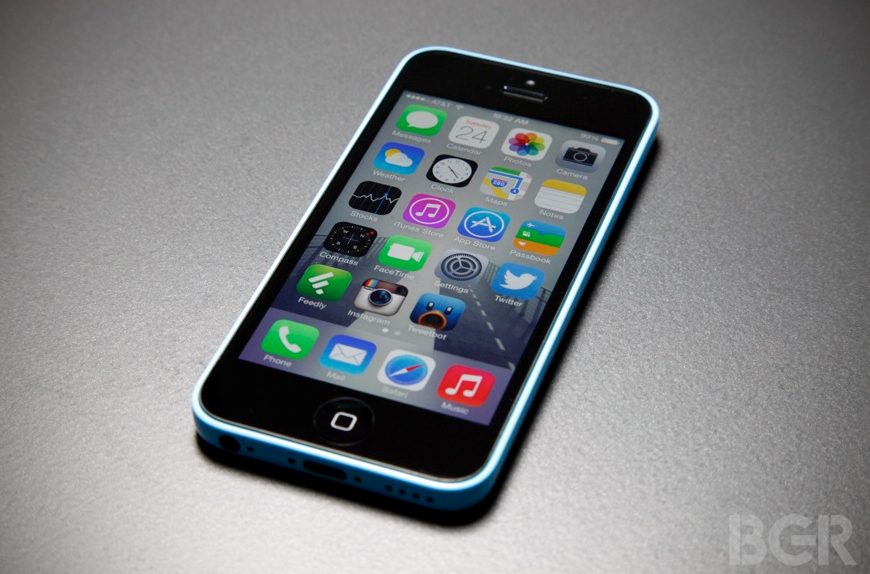A pair of severe security issues could allow hackers to steal data from your computers and mobile devices, recent discoveries have shown, with Intel-powered computers being the most susceptible to such an attack. Several companies, including Apple, Google, and Microsoft are already taking steps to patch the issue via software patches that should be rolled out soon (if they aren’t out already). But because this is a software fix for what appears to be hardware issues, security experts warn that computers may deliver slower performances than before once they’ve been patched.
Unfortunately, the same may be true for mobile devices. Google has already said that devices that have the most recent security updates are protected, but what about Apple’s iOS devices?
ARM released an update on the matter, which includes a list of ARM chips that may be affected by these issues. How is that relevant for iOS devices? Apple does design its own A-series chips for iPhone, iPad, and iPod touch, but these are built on ARM architecture. That means some of the iOS devices that are still in use may include chips that are susceptible to the newly discovered security issues.
So far, the list only includes older devices. 9to5Mac compiled a list of potentially affected devices:
- iPhone 4
- iPhone 4S
- iPhone 5
- iPhone 5C
- iPad (1st gen)
- iPad 2
- iPad (3rd gen)
Apple TV (2nd gen)Apple TV (3rd gen)- iPod Touch (4th gen)
- iPod Touch (5th gen)
It’s possible that newer iOS devices are also impacted, given the secrecy surrounding these chip issues. However, Apple will likely release iOS updates to fix the problems in the near future.
ARM says that the risk of a hacker stealing secrets from mobile devices is low as long as users do not install apps from shady sources. Malware apps are required to steal data from handsets and tablets:
It is important to note that this [attack] method is dependent on malware running locally which means it’s imperative for users to practice good security hygiene by keeping their software up-to-date and avoid suspicious links or downloads.
iOS is significantly better protected against malware than Android, although iOS malware does exist.








